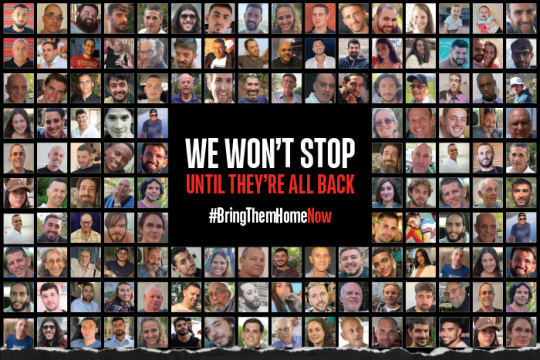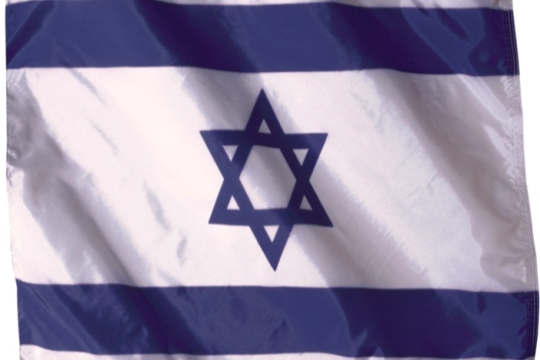News coverage about Israel over the past few months has focused mostly on foreign policy: the Arab Spring, Iran's growing nuclear program, the crumbling diplomatic relationship between Israel and Turkey, and most recently, the possibility of a vote for Palestinian statehood at the United Nations. While foreign policy is certainly a huge part of the international discourse surrounding Israeli politics, internal tensions over religious and cultural pluralism have been weighing heavily on the minds of Israelis, as seen in the vibrant and democratic public protests that had taken over much of Israel this summer. A new report released this week sheds new light on those tensions.
Hiddush, an organization devoted to religious pluralism in Israel, released its 2011 State and Religion Index, which looks at Israeli public opinion on key domestic issues. Some interesting findings include:
- At least 58 percent of respondents in all sectors noted haredi-secular tensions as one of the most serious internal divides in Israel's Jewish society.
- Forty percent of Jews in all sectors said that all haredim studying in yeshivas should be drafted into compulsory service with the Israeli Defense Forces.
- Sixty-two percent of Israelis want the State to recognize any marriage, including non-Orthodox religious and civil.
Hiddush president Rabbi Uri Regev said the survey results send the Israeli government a "clear message: Don't be afraid of confronting the haredi parties. Otherwise the burden on the middle class won't grow smaller - but bigger."
Keep an eye on some of these domestic Israeli tensions; although they don't always attract as much news attention as foreign policy disputes, the circumstances within Israeli society are just as important to the well-being of the Jewish state.
Related Posts

URJ and Israel: Post-October 7th Updates and Resources

Israel: A Toolkit
